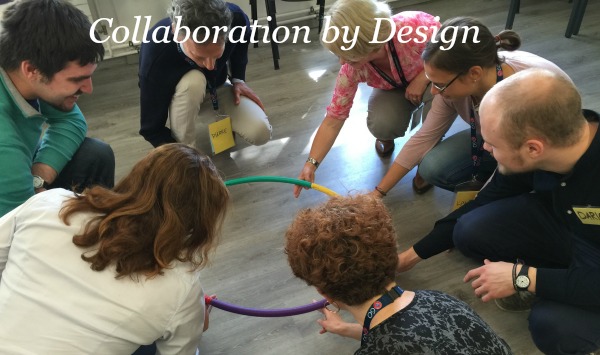 Christian Kranicke, Founder and CEO, Leading Edge Advisors
Christian Kranicke, Founder and CEO, Leading Edge Advisors
There are markets and countries where people have very limited access to basic financial services. With the technology available today this is simply inadmissible. I work to change this situation and empower individuals by building Digital Finance Solution (DFS) businesses in frontier economies and emerging markets. By that I mean developing businesses in sectors like branchless banking, mobile money and alternative payment systems.
When you look at the value chain in the delivery of mobile banking services, there are many diverse entities and interests. Being able to collaborate with all the players in service delivery is absolutely essential. Finding common ground and creating realistic value propositions are essential if you wish to build viable businesses.
The Academy provides effective tools to help address complex challenges. The courses have helped to sharpen some of the hard analytics needed for my job but have also had a positive impact on the qualitative side. I really appreciate digging deeper into the subject of systems thinking and exploring methods to examine the components and interaction of all elements in a defined environment. I also appreciate developing tools to improve my interrogative skills. Often the information we need from people is readily available if we just know how to formulate our questions correctly.



